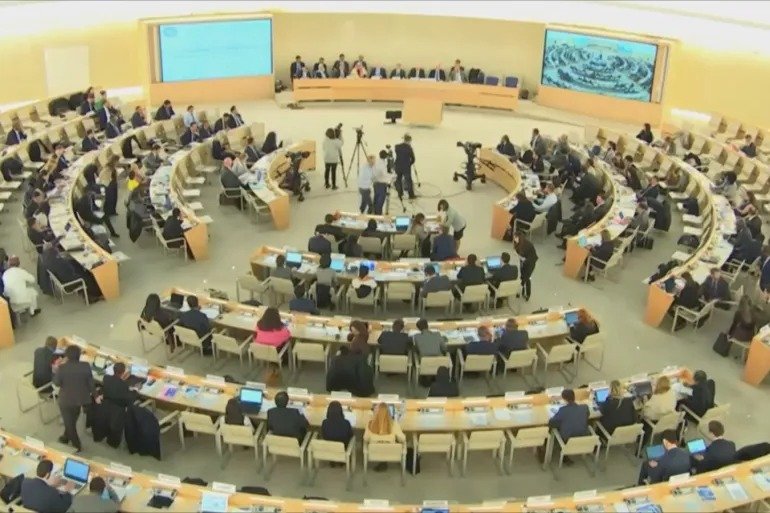The UN General Assembly in New York on October 14, 2025, elected four African countries to the United Nations Human Rights Council (UNHRC) — a move that reflects the continent’s growing presence within one of the UN’s most prominent bodies dedicated to human rights.
Angola received 179 votes, Egypt got 173, Mauritius secured 181, and South Africa obtained 178, winning all the seats allocated to the African Group on the Council.
These countries will begin their three-year terms in January 2026, with no immediate re-election allowed after serving two consecutive terms.
The Human Rights Council, based in Geneva, is the UN’s principal intergovernmental body responsible for discussing and addressing global human rights situations. The Council has the authority to consider any issue or violation requiring international attention and holds sessions throughout the year.
It comprises 47 member states, elected according to geographical balance to ensure representation from all world regions.
In addition to the four African states, the newly elected members include India, Iraq, Pakistan, and Vietnam representing the Asia-Pacific Group; Chile and Ecuador for Latin America and the Caribbean; Italy and the United Kingdom for the Western Europe and Others Group; and Estonia and Slovenia for Eastern Europe.
Observers note that the inclusion of Egypt and South Africa—two of Africa’s key regional powers—alongside Angola and Mauritius, will strengthen Africa’s voice in global human rights debates, particularly on issues such as migration, development, and transitional justice.
The relatively high vote counts for these countries are also seen as a sign of growing international support for Africa’s agenda within the UN system.
With their mandates beginning in January 2026, the four African members will have an opportunity to advance the continent’s priorities on human rights and advocate for fairer, more context-sensitive approaches that take into account Africa’s developmental and political realities, at a time when challenges related to conflict, climate change, and migration are intensifying.

